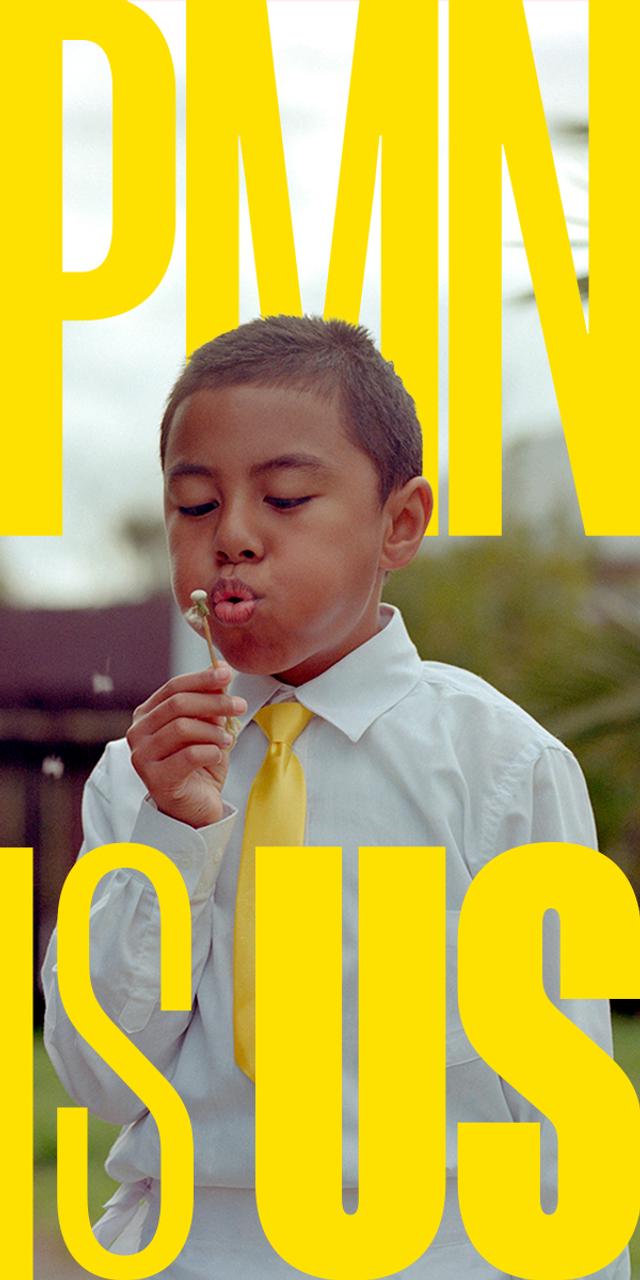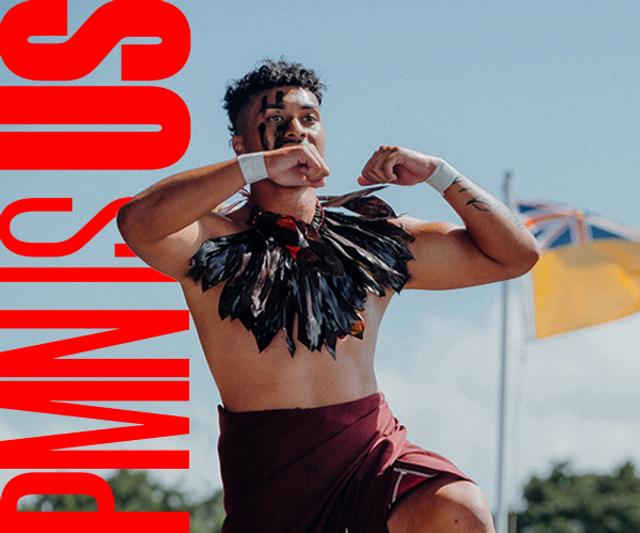

Chief Children’s Commissioner Dr Claire Achmad.
Photo/ Supplied
Commission highlights the racism Pacific young people are experiencing
A new report by the Mana Mokopuna Children's Young People’s Commission has revealed the stereotyping and exclusion Pacific youth are facing at school.



Pacific pride and pain: Marking Girmit Day in Aotearoa


‘Get out of this cycle of violence’: Fijians urged to respect the law and democracy


Pacific pride and pain: Marking Girmit Day in Aotearoa

Young New Zealanders say racism is affecting every aspect of their lives and most commonly experienced in schools.
Those were two of the key findings in a new report by the Mana Mokopuna Children's Young People’s Commission.
The report - Without Racism Aotearoa would be better: Mokopuna shares their experiences of racism and solutions to end it - includes insights gathered through face-to-face engagements with 161 young people across the country from September 2022 – June 2023.
Chief Children’s Commissioner Dr Claire Achmad says the report is an opportunity to give careful consideration to young people’s experiences and ideas on an important issue affecting their lives.
Speaking with Levi Matautia-Morgan on 531pi’s Pacific Mornings, Dr Achmad says racism is "an everyday experience for many of the mokopuna that we heard from”.
“They've told us that racism is systemic in nature, so it's being reinforced at the individual, the community, and that bigger systems level,” she says.
“Actually the spaces and places that exist for mokopuna are often the spaces and places where they're experiencing racism.”
Watch the full interview below:
School and the education system was cited as the place where youth most commonly experience racism, including bullying.
Youth told the Commission about the barriers, stereotyping and exclusion that they had experienced in schools, including a sense of being treated differently because of their culture, and that their teachers often had low expectations of their ability.
They also talked about how their culture had been disrespected.
One secondary school student from the South Island told the Commission: “Teachers would treat me like I’m a little child because they think I’m dumb because I’m Māori and Samoan.”
Another from the South Island said their teacher thought “me and my Tongan friends were related - I’m Samoan”.
One youth said their teacher had told them: “‘Oh your work is really good for English as a Second Language’. It is my first language!”
The report said that youth were hurt that teachers, principals and authoritative figures would be racist toward them, especially when they were supposed to be the people keeping them safe and helping them learn.
Racism in schools is often experienced through microaggressions, which may be more subtle and less obvious.
However, youth shared that it was obvious to them when teachers and principals singled them out and treated them differently from other students.
To help address it, some youth suggested having more opportunities to provide information to adults in power.
One group spoke about having a forum within their school where students would have the opportunity to share their experiences in schools with their teachers.
Dr Achmad says there are lots of barriers that get in the way of young people being their true, authentic selves.
The report says when it comes to racism, many of the current systems are failing youth in New Zealand.
The systems are allowing the intergenerational harm and the normalisation of racist behaviour in schools, and the sense that mokopuna must hide their culture or assimilate to Western culture to fit in.
“When we asked mokopuna to come up with solutions to eliminate racism across the motu, many shared their aspirations that future generations would not have to grow up experiencing it.
“They are also clearly saying that they want adults to truly listen to their experiences and solutions and take them seriously, and that action to end racism is essential,” she says.
Some youth say racism comes from many different people and groups within the community, including racist treatment by others that made them feel inferior or ‘different’.
One teenager gave an example of being called “plastic” – implying they were not Māori or Pacific enough.
Dr Achmad says that young people are being affected by racism in every aspect of their lives.
“They're sharing that they have been impacted by racism throughout their lives, that it's also intergenerational, that they've seen their whānau and their tipuna going through this experience for many many years and in many cases generations.”
Youth also talked about not being treated with respect and dignity by government agencies and not feeling represented by people in power.
They shared a view that there should be more diversity in positions of power, such as more Māori, people of colour, and people of different religions within Parliament.
Youth emphasised that it is not one dominant culture they desire, but an Aotearoa New Zealand which is multicultural and accepting and celebratory of all diverse cultures, ethnicities and religions.

